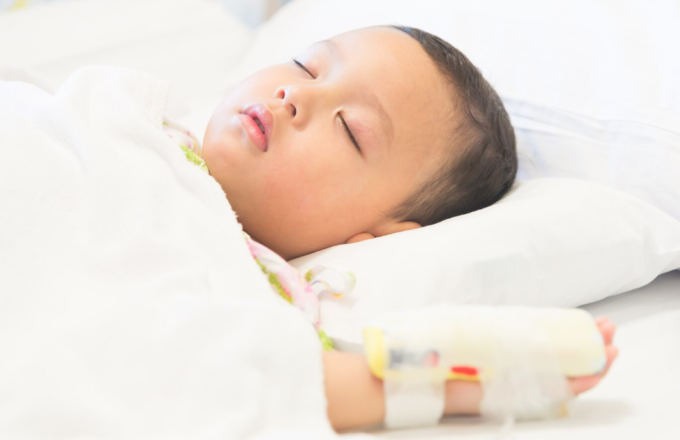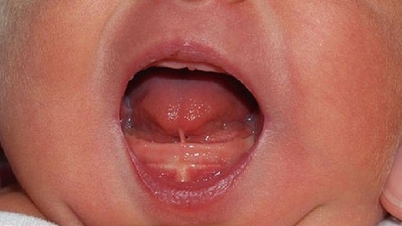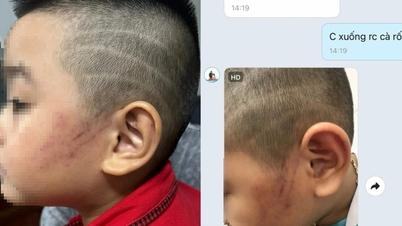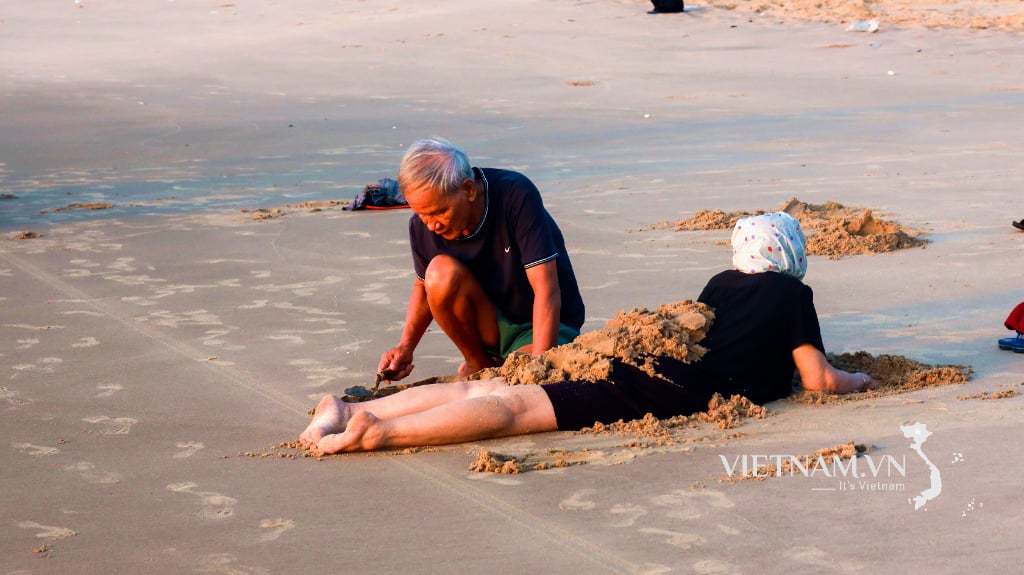Parents should give children plenty of fluids, ensure they eat regular meals, avoid dressing them in too many clothes, and use fever-reducing medication in mild cases.
Common signs of fever in children include feeling hot to the touch, flushed cheeks and face, chills accompanied by sweating, and fatigue.
Fever is the immune system's response to fight infection. However, not all infections cause fever. Therefore, parents need to know what to do and what to avoid in order to respond promptly when their child has a fever.
What should be done
Drink plenty of fluids: Fever and sweating can cause dehydration in children, so provide more fluids. Children under 6 months old should be breastfed or formula-fed; children over 6 months old who are starting solids can supplement their diet with fruit and water. Toddlers can take electrolyte supplements if they also have diarrhea. Older children can eat ice cream or soup to boost vitamins and nutrients.
Eating regular meals: Children with fever may be less hungry and have a reduced appetite than usual. However, parents need to ensure their children eat regular meals, maintaining a balanced and healthy diet. Adequate nutrition can improve their ability to fight infection. Liquid, easily digestible foods such as porridge, soup, noodles, and vermicelli are suitable for children with fever. Meals should be divided into smaller portions throughout the day, about every 2-3 hours, with gradually increasing energy and protein intake.
Breastfed babies should breastfeed more often than usual. Babies who have started eating solid foods should have their porridge or gruel thinner than usual, but still maintain the principle of including all four food groups. Parents can use sprouted grains (bean sprouts, corn sprouts, rice sprouts, etc.) and thin out the food to increase the energy density in the baby's porridge or gruel.
Should be avoided
Overdressing: While a child may feel cold with a fever, parents shouldn't dress them in too many clothes or thick blankets. This prevents body heat from escaping, and the temperature may even rise higher.
Some tips to keep your baby comfortable include prioritizing light, breathable cotton clothing, avoiding extra blankets, and maintaining a comfortable room temperature. If your baby sweats and gets too hot, adults can use a cool, damp cloth to place on their forehead or the back of their neck to help them feel more comfortable.

Do not add extra blankets to a child with a fever; keep the room at a comfortable temperature. Photo: Freepik
Medication: When a child has a mild fever and is alert and playful, parents should monitor their temperature and do not need to use fever-reducing medication. While mild fevers can be uncomfortable, they are often a natural immune response to eliminate pathogens and are usually not dangerous. Children with higher fevers should only take medication as prescribed by a doctor.
While fever in young children is usually not a cause for concern, parents need to know when their child is in danger and should be taken to the hospital promptly. This depends on the child's age, body temperature, duration of the fever, and any accompanying symptoms.
However, the younger the child, the more concerning the fever is, and hospitalization is necessary in cases such as infants under three months old with a fever of 38.5°C or higher, children 3-6 months old with a fever of 39°C or higher, and children over 6 months old with a fever of 39.5°C or higher.
The duration of the fever is also important to note. Babies aged 3-12 months should see a doctor if their body temperature remains high for more than 24 hours. For persistent fevers lasting two days or more with no signs of recovery in children aged 1-2 years, or lasting more than three days in children aged 2 years and older, parents should take their child to the hospital.
If your child has symptoms such as being more sleepy or fussy than usual, a stiff neck, headache, severe diarrhea, difficulty breathing, persistent vomiting, or an unexplained rash, they should see a doctor.
Bao Bao (According to Parents )
| Readers can post questions about children's illnesses here for doctors to answer. |
Source link


















































































































Comment (0)